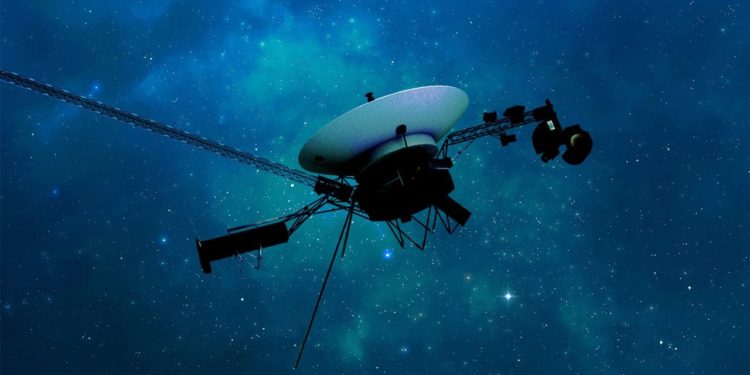NASA re-establishes communication with Voyager 1 interstellar spacecraft that went silent for months
NASA and Voyager 1 are communicating back and forth again, after the most distant human-made object in space stopped sending usable data back to the space agency nearly...
Read more































